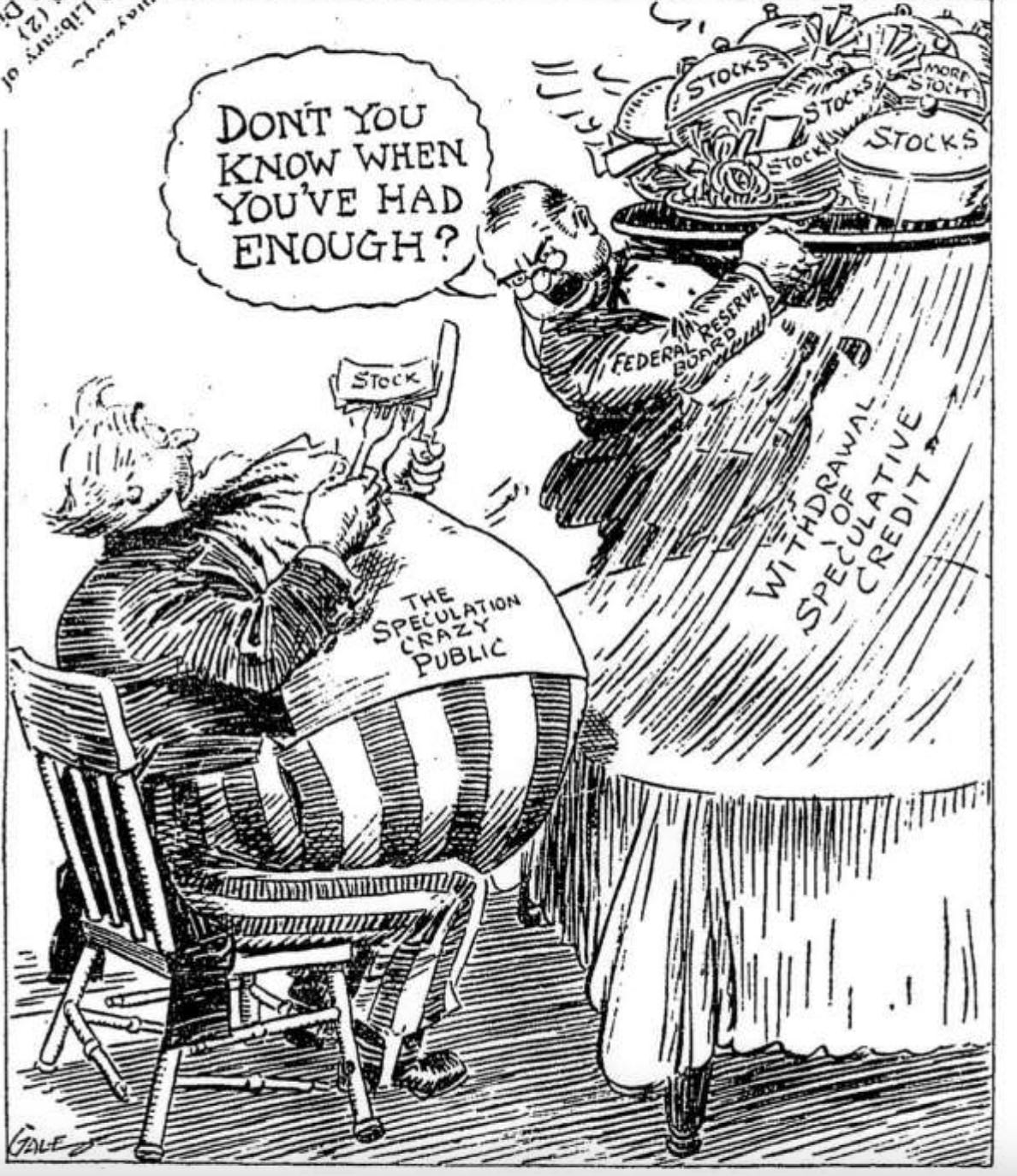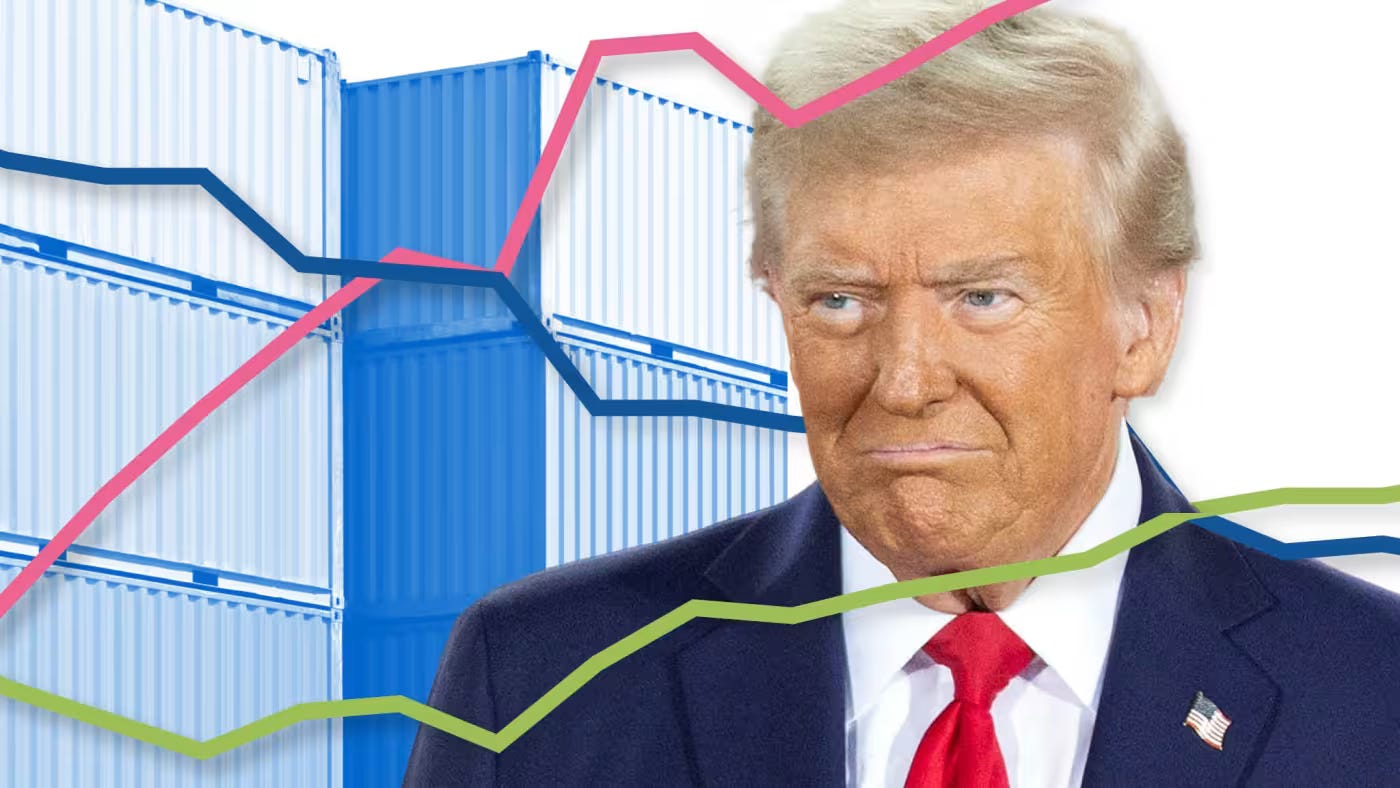When will reality bite?
For investors, the Trump bump can't last, but it's tough to know when the Trump dump will begin
My profs in grad school used the phrase “dumb money” to describe surges that sometimes drove stock markets up before a big fall. Investors who took part were either unsophisticated folks who chased market enthusiasm upward or smarties who speculated and hoped to get out before the game ended.
Are we seeing dumb money again?
During Election Week, the S&P 500 gained 4.66 percent, the Nasdaq rose 5.74 percent, and the Dow climbed 4.61 percent, as Reuters reported. The S&P 500 and the Dow registered their best weekly percentage jumps since early November 2023, with the Dow topping 44,000 for the first time. The rally continued on Veterans Day, with the Dow closing 0.7 percent higher, and the S&P 500 and Nasdaq Composite each rising 0.1 percent.
Most analysts credited Donald J. Trump’s election for the gains. They suggested that investors expect lower corporate taxes and deregulation and pointed to rises in consumer sentiment and the Fed’s rate cut.
“The recent stock market rally suggests that investors are either celebrating the outcome of the election, the reduced uncertainty that follows when elections end, or perhaps both," Alex Michalka, vice president of investment research at Wealthfront, said, according to USA Today. "Regardless, we're encouraged to see millennials continuing to make smart financial decisions by putting their money to work in the stock market."
So, with the fever burning, is it time for smart money to get out?
Well, one smart guy, Warren Buffett, appears to be letting much of this rally pass him by. He is keeping an astonishing $325 billion — yes, that’s billion — out of the market, in cash and equivalents, as The Wall Street Journal reported.
Part of the reason may be that the much watched “Buffett Indicator” -- a ratio of listed stocks to the size of the U.S. economy – suggests that valuations are ridiculously high. “Taking the Wilshire 5000 Index as a proxy, it is now around 200%, which would leave it more stretched than at the peak of the tech bubble,” the paper reported.
What’s more, the ratio of share prices to earnings in the Dow, at about 31, is some 47 percent higher than the historical average, according to full:ratio. By that measure, investors would seem to be way out over their skis.
So, let’s stipulate that the current euphoria is well over the top. Perhaps before Inauguration Day, we’ll see the markets slip a bit.
But what’s more concerning is the long-term outlook. If Trump imposes tariffs of 60 percent on Chinese products and up to 20 percent on everything else from abroad, what will happen with Corporate America? American producers who depend on imported components will surely feel a pinch, driving up their product prices, retriggering inflation and perhaps reducing GDP growth in the U.S.
The Peterson Institute for International Economics found that Trump’s proposals – assuming that targeted countries retaliated — would slash more than a percentage point off the U.S. economy by 2026 and make inflation 2 percentage points higher next year than it otherwise would have been, as PBS reported. That could shift the Fed’s interest-rate cuts into reverse and put the White House and the central bank at each other’s throats.
Maurice Obstfeld, a former chief economist of the International Monetary Fund and senior fellow at the institute, warned that the tariffs “would undoubtedly trigger foreign retaliation and fuel a destructive trade war. This factor added to the damage from Trump’s last go at tariffs. As harmful as the Smoot-Hawley tariff of 1930 was to the US, the international trade war it ignited was much worse. If the experience is repeated in today’s far more interconnected world, the costs will be higher still, and US workers and businesses alike surely will lose.”
Yes, Obstfeld did raise the specter of 1930. One can only hope that this is either hyperbole or that wiser heads will be able to forestall what could arise.
But Europeans already are girding for deep problems. Analysts for the giant Dutch bank, ING said of Trump’s election: “Europe’s worst economic nightmare comes true.”
“A looming new trade war could push the eurozone economy from sluggish growth into a full-blown recession,” the ING analysts wrote. “The already struggling German economy, which heavily relies on trade with the US, would be particularly hard hit by tariffs on European automotives. Additionally, uncertainty about Trump’s stance on Ukraine and NATO could undermine the recently stabilised economic confidence indicators across the eurozone. Even though tariffs might not impact Europe until late 2025, the renewed uncertainty and trade war fears could drive the eurozone economy into recession at the turn of the year.”
And it’s not just tariffs that could hurt the U.S. economy. Trump’s deportation efforts will certainly be inhumane and likely will spawn unrest across the country, but economically they could lead to labor shortages that could amp up inflation and drive down gross domestic product.
“Due to the loss of workers across U.S. industries, we found that mass deportation would reduce the U.S. gross domestic product (GDP) by 4.2 to 6.8 percent,” warns the American Immigration Council. “It would also result in significant reduction in tax revenues for the U.S. government. In 2022 alone, undocumented immigrant households paid $46.8 billion in federal taxes and $29.3 billion in state and local taxes. Undocumented immigrants also contributed $22.6 billion to Social Security and $5.7 billion to Medicare.”
Folks who console themselves by believing in Trump’s business savvy and sensitivity to markets might want to look a bit harder. Recall that he bankrupted casinos — something that’s pretty hard to do — six times. And take note that shares in his social media company, Trump Media & Technology Group, are worth less than half of what they were last March, down from above $66 to below $31.
His management skills in government, moreover, are, well, questionable. At least a couple dozen colleagues and aides turned on their former boss after his first term. Both Treasury Secretary Steven Mnuchin and former chief of staff Reince Priebus called Trump an “idiot,” according to author Michael Wolff, as reported by Politico. Former economic adviser Gary Cohn said Trump was “dumb as shit,” and former national security adviser H.R. McMaster labeled him a “dope.”
Of course, Trump is now 78 and one must wonder whether anything has improved for him intellectually or mentally, especially in light of the rambling “weave” he often delivered during the campaign.
For investors, the tricky thing — as always — is timing. The economy has tended to be resilient, but Trump’s moves — if he delivers on his promises as threatened — seem certain to hit it hard. For now, the bulls are running, eagerly chasing Trump euphoria. Eventually, reality will bite.







